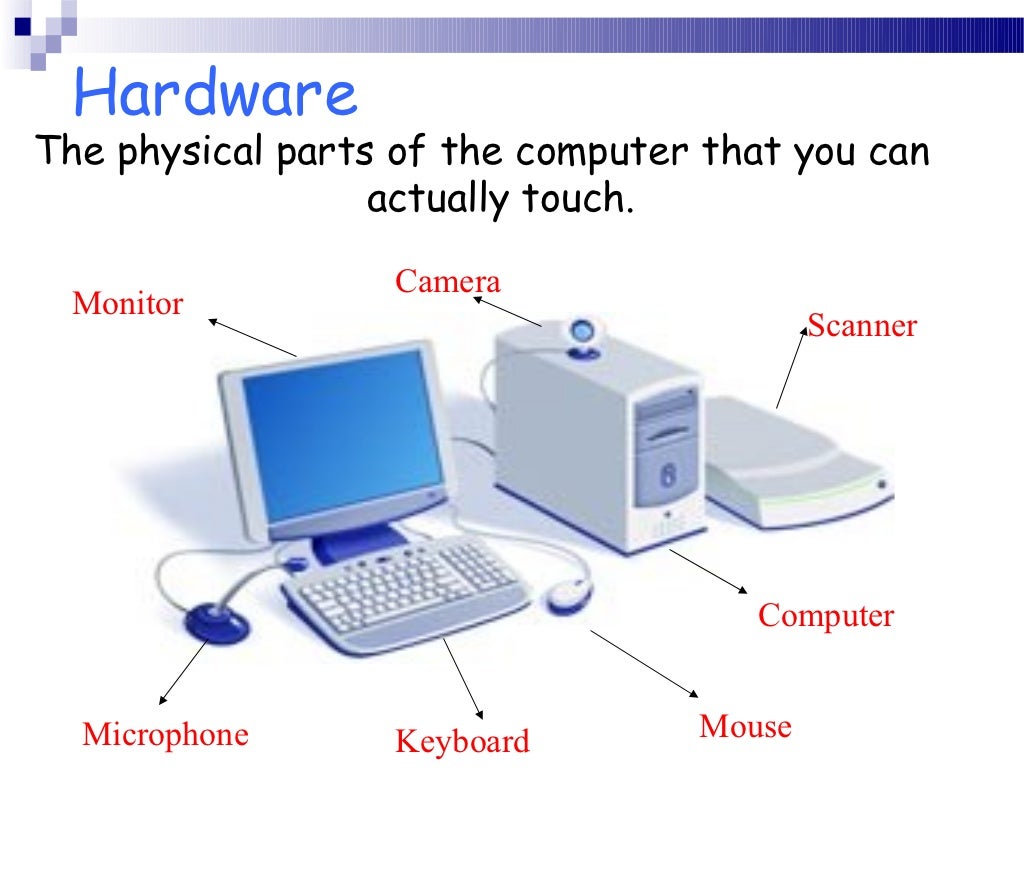The Financial Analysis of Unused Computer Components
In today's technology-driven world, the need for computer components keeps to grow, leading in an ever-increasing market for surplus computer parts. Due to accelerated advancements in technology, many individuals and businesses find themselves needing to upgrade their systems frequently. surplus computers creates an opening for savvy shoppers to take advantage of surplus parts, which can often provide high-quality options at considerably lower prices. Whether you are a budget-conscious gamer, a DIY enthusiast, or someone looking to refurbish older systems, knowing how to navigate the surplus computer parts market can make all the difference.
Nonetheless, shopping for surplus components can be daunting without a clear understanding of what to look for. This article serves as your definitive guide, outlining essential tips and advice to help you confidently make informed decisions. We will explore the characteristics of high-quality surplus parts, methods to assess their condition, and important considerations when buying various components, from graphics cards and motherboards to power supplies and cooling systems. By arming yourself with the right knowledge, you can uncover great deals and build reliable systems while steering clear of common pitfalls in the surplus market.
Essential Advice for Purchasing Surplus Computer Parts
When thinking about the purchase of surplus computer parts, it is essential to conduct thorough investigation before making any commitments. Acquire information about the particular components you need, their going rates, and reputable brands. This information will help you evaluate whether you are getting a fair deal when examining surplus options. Acquaint yourself with the requirements of the needed parts to ensure compatibility with your current system.
Checking the state of surplus parts is crucial for making sure you spend in quality components. Look for signs of damage, and ask about the history of the product, such as previous usage and warranty status. When it comes to essential components like mother boards and GPUs, verify whether they have been tested or refurbished. Reliable sellers will often provide guarantees, allowing you to be more comfortable in your buying decision.

Finally, choose reputable sources for purchasing surplus computer parts. https://telegra.ph/Transforming-Waste-Into-Profit-Leftover-Computer-Parts-Detailed-03-19 -based marketplaces, surplus electronic stores, and local computer shops that specialize in used components can be great options. Be wary of deals that appear too good to be real, as they may signal fake products or components with concealed defects. Reputable sellers often have refund policies, which provide an additional layer of protection in the buying process.
Evaluating Quality and State of Elements
While shopping for surplus hardware, the standard and state of the items are essential to confirm that they will function properly in the system. Commence by visually evaluating each element for any signs of defects such as fissures, burns, or corrosion. These deficiencies can suggest that a piece has been mishandled or affected by adverse conditions. A thorough review will also help you determine whether the component has been refurbished or changed in any way, which could affect its reliability and functionality.
A further important factor to consider is evaluating the items when you can. For items like hard drives, GPUs, and memory, using analysis software can disclose their operational status and help you gauge their efficiency. Some sellers provide warranties or guarantees, so look for these offers to enhance your assurance in the acquisition. Additionally, it’s prudent to verify for fit with your current system, as a piece that is incompatible can lead to lost effort and trouble.
Finally, pay care to the brand and version of the parts you are looking at. Well-known manufacturers often have a track record for dependability and trustworthiness, which can offer peace of mind when purchasing excess components. Researching the details and ratings of the parts can also provide clarity into their life span and capabilities. By using these review techniques, you can make wise selections that contribute to a successful build or upgrade.
Navigating Offers plus Protection Factors
As you shop for excess computer parts, finding the optimal deals often requires effort along with inquiry. Numerous digital stores, communities, as well as local electronics stores provide surplus components at reasonable prices. Look out for promotions plus volume purchase discounts that sellers might present. Moreover, keep in mind comparing prices among platforms to make sure you are getting the optimal value for your money. Online platforms that are dedicated in surplus electronics might additionally have testimonials plus recommendations that may inform your purchase decisions.
Nevertheless, alongside hunting for the best deals, it is essential to prioritize safety and quality. Always make sure to check the seller's credibility before making a purchase. Look for ratings, reviews, and return policies that protect you in case the product does not meet your expectations upon receipt. Verifying warranty options can also offer a level of protection, as it indicates the seller's assurance in the standard of the surplus parts being sold.
Finally, examining the quality of the parts before buying is essential. For example, make sure that there are no apparent defects, such as rust or physical damage for items like motherboards or GPUs. Checking components when possible, such as RAM, hard drives, and power supply units, can aid confirm their performance. By concentrating on both deals and diligence, you can with certainty navigate the surplus market all the while confirming that the components you obtain are secure, dependable, and in good condition.